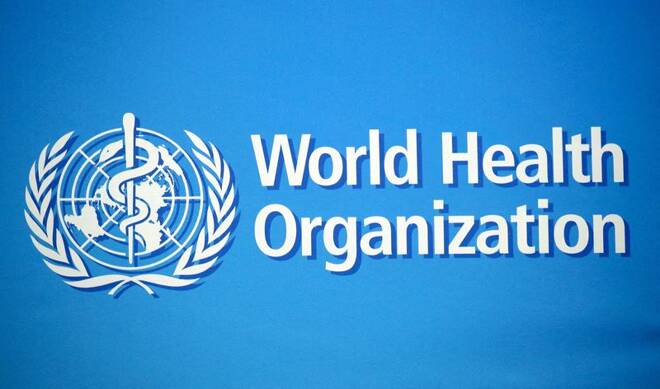Advertisement
Advertisement
WHO warns ‘sustained transmission’ of monkeypox risks vulnerable groups
By:
LONDON (Reuters) - The World Health Organization said "sustained transmission" of monkeypox worldwide could see the virus begin to move into high-risk groups, like pregnant women, immunocompromised people and children.
LONDON (Reuters) -The World Health Organization says “sustained transmission” of monkeypox worldwide could see the virus begin to move into high-risk groups, such as pregnant women, immunocompromised people and children.
WHO said on Wednesday it was investigating reports of infected children, including two cases in Britain, as well as following up reports in Spain and France. None of the cases in children have been severe.
The virus has now been identified in more than 50 new countries outside the countries in Africa where it is endemic. Cases are also rising in those countries, said WHO, calling for testing to be ramped up.
“I’m concerned about sustained transmission because it would suggest that the virus (is) establishing itself and it could move into high risk groups including children, the immunocompromised and pregnant women,” said WHO chief Tedros Adhanom Ghebreyesus in an online briefing from Geneva on Wednesday.
There have been more than 3,400 cases of monkeypox, and one death, since the outbreak began in May, largely in Europe among men who have sex with men, according to a WHO tally. There have also been more than 1,500 cases and 66 deaths in countries this year where it more usually spreads.
Last week, the WHO ruled that the outbreak did not yet represent a public health emergency, its highest level of alert. However, Tedros said the WHO was tracking the outbreak closely and would reconvene the committee “as soon as possible” to assess whether this was still the case. [L1N2YE0YM]
The U.N. agency said it was also working on a mechanism to distribute vaccines more equitably, after countries including Britain and the United States suggested they were willing to share their stockpiled smallpox vaccines, which also protect against monkeypox.
(Reporting by Jennifer Rigby and Mrinalika Roy; Editing by Catherine Evans and Alison Williams)
About the Author
Reuterscontributor
Reuters, the news and media division of Thomson Reuters, is the world’s largest international multimedia news provider reaching more than one billion people every day. Reuters provides trusted business, financial, national, and international news to professionals via Thomson Reuters desktops, the world's media organizations, and directly to consumers at Reuters.com and via Reuters TV. Learn more about Thomson Reuters products:
Did you find this article useful?
Latest news and analysis
Advertisement
